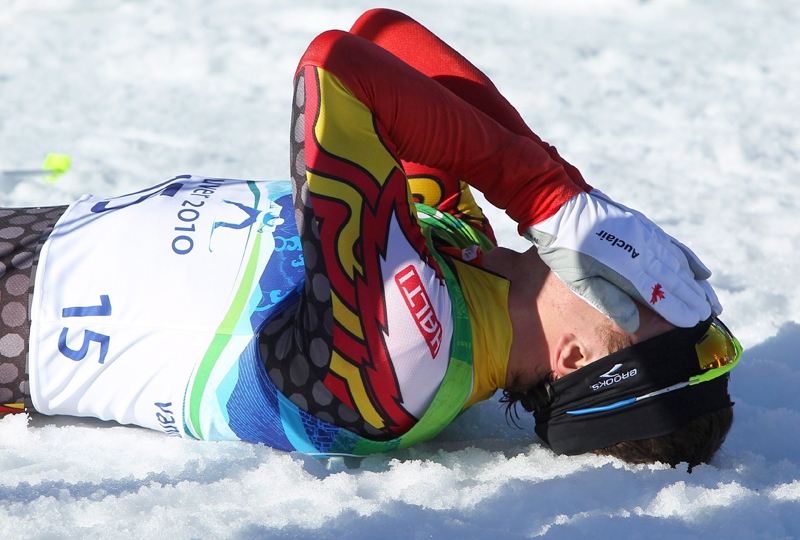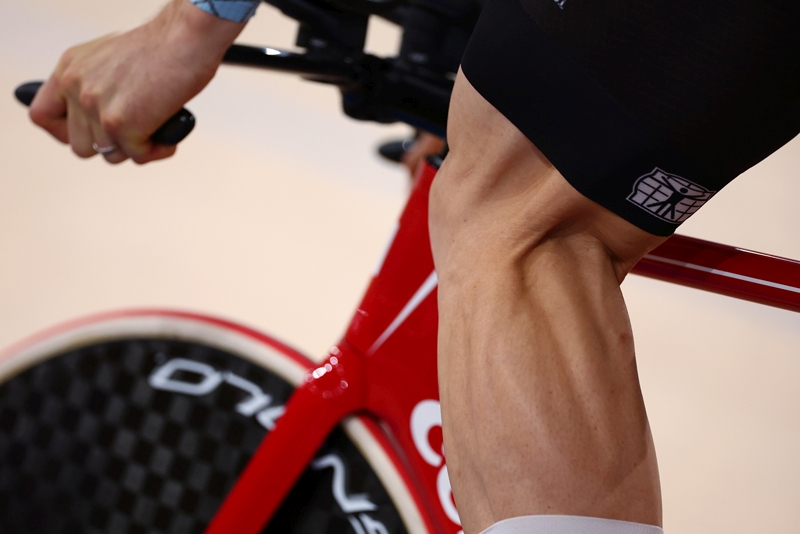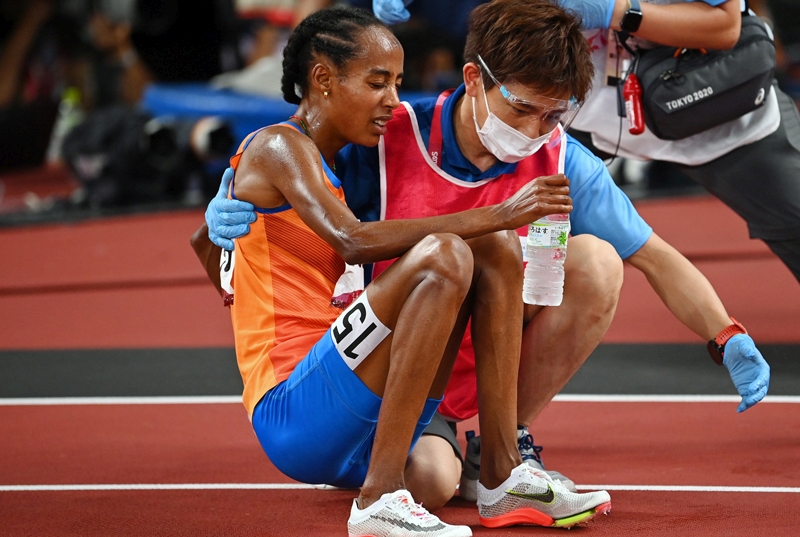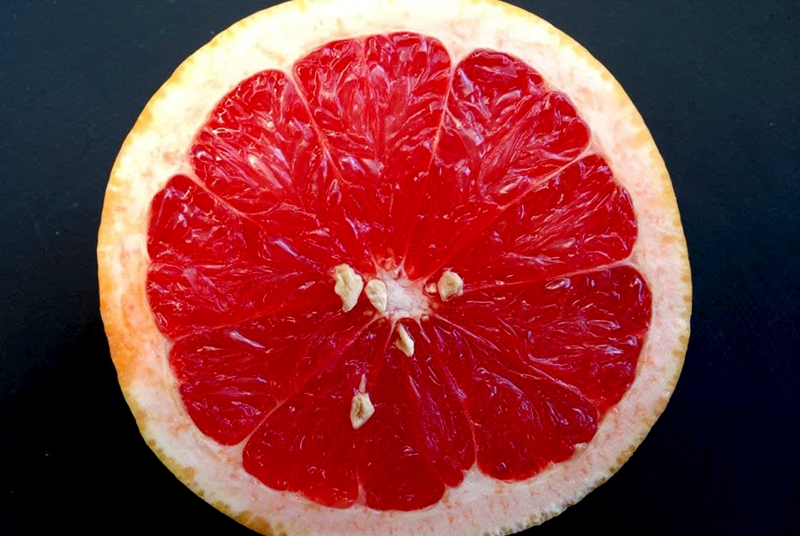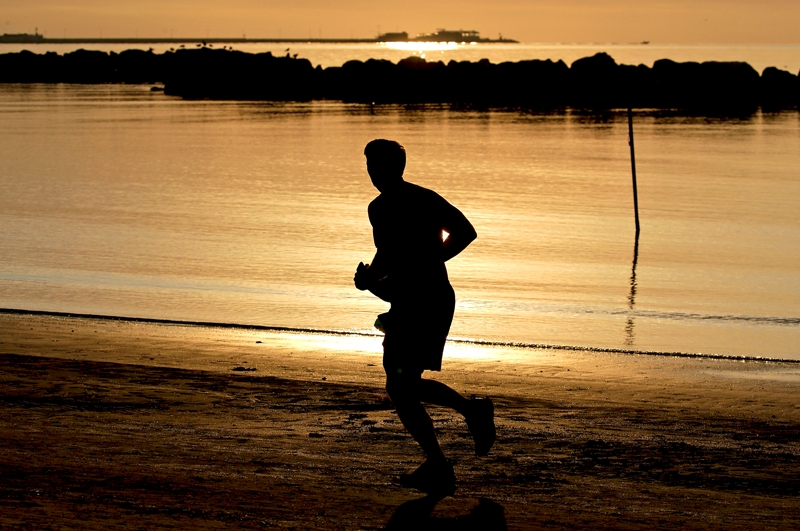You are viewing 1 of your 1 free articles. For unlimited access take a risk-free trial
Post-exercise immunity: good news for athletes

Over the past four decades, the relationship between exercise and immunity has been portrayed as something as a double-edged sword: although regular exercise boosts your immunity in the longer term, in the hours immediately after exercise, immunity takes a hit - which can increase your risk of illness and infection, especially colds, coughs and sore throats.
However, new research published by UK scientists appears to completely overturn the ‘post-exercise immune dip’ myth (Frontiers in Immunology, 2018; 9 DOI: 10.3389/fimmu.2018.00648). The original research on post-exercise immunity dated back to the 1980s, and focused on events such as the Los Angeles Marathon, asking competitors if they had symptoms of infections in the days and weeks after their race. Because many of these athletes did, scientists concluded that endurance training or competition might – in the shorter term – increase infection risk by temporarily suppressing the immune system.
Good news
The good news for endurance athletes is that a reinterpretation of the previous findings from the field of immunology and exercise suggests that far from dampening immunity immediately after training/competition, exercise may actually boost immunity. This is because in the years since the early research, new discoveries about the way immune cells function in the body show that scientists were wrong to conclude immunity was harmed following exercise.After exercise, some immune cells in the bloodstream decrease substantially -- sometimes falling to levels lower than before exercise started, and this can last for several hours. Many scientists previously interpreted this fall in immune cells after exercise to be immune suppression. However strong evidence suggests that this does not mean that cells have been 'lost' or 'destroyed', but rather that they move to other sites in the body that are more likely to become infected, such as the lungs.
Key facts
How do we know that these immune cells are not destroyed by exercise? The latest evidence provides three key reasons:- Following exercise, immune cells return to normal levels within a few hours - far too quick for them be 'replaced' with new cells.
- Recent studies in humans have shown that instead, these immune cells have the ability to leave the bloodstream and travel to other sites in the body.
- Studies on laboratory animals have shown that when immune cells are labelled and tracked, these labelled cells accumulate elsewhere in the body following exercise – almost certainly because they go there to ‘look’ for and destroy infections.
So why I hear you ask have some studies shown an increased likelihood of illness and infection after prolonged and strenuous exercise such as running a marathon? The answer might be much more mundane; we know that attending any event where there is a large gathering of people, increases the risk of contracting an infection. We also know that public transport, particularly airline travel over long distances, where sleep is disrupted, may also increase your infection risk. On top of these factors, there is the impact of inadequate diet, getting cold and wet, and psychological stress, all of which have been linked to a greater chance of developing infections.
Boosting your immunity
Given the above, what can you do to maximise your immunity - not just after exercise but at all time? This is a topic I've covered at length in Sports Performance Bulletin. The good news is that there ARE plenty of nutritional and other strategies that can keep you well, even when the pressure is on. You can read all about them in the article below!Andrew Hamilton, Sports Performance Bulletin editor
Newsletter Sign Up
Testimonials
Dr. Alexandra Fandetti-Robin, Back & Body Chiropractic
Elspeth Cowell MSCh DpodM SRCh HCPC reg
William Hunter, Nuffield Health
Further reading
Newsletter Sign Up
Coaches Testimonials
Dr. Alexandra Fandetti-Robin, Back & Body Chiropractic
Elspeth Cowell MSCh DpodM SRCh HCPC reg
William Hunter, Nuffield Health
Keep up with latest sports science research and apply it to maximize performance
Today you have the chance to join a group of athletes, and sports coaches/trainers who all have something special in common...
They use the latest research to improve performance for themselves and their clients - both athletes and sports teams - with help from global specialists in the fields of sports science, sports medicine and sports psychology.
They do this by reading Sports Performance Bulletin, an easy-to-digest but serious-minded journal dedicated to high performance sports. SPB offers a wealth of information and insight into the latest research, in an easily-accessible and understood format, along with a wealth of practical recommendations.
*includes 3 coaching manuals
Get Inspired
All the latest techniques and approaches
Sports Performance Bulletin helps dedicated endurance athletes improve their performance. Sense-checking the latest sports science research, and sourcing evidence and case studies to support findings, Sports Performance Bulletin turns proven insights into easily digestible practical advice. Supporting athletes, coaches and professionals who wish to ensure their guidance and programmes are kept right up to date and based on credible science.
